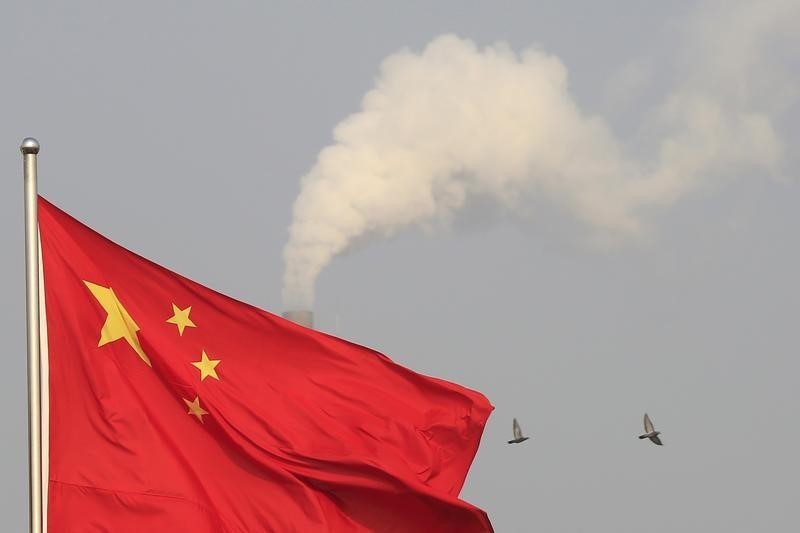By Koh Gui Qing
BEIJING (Reuters) - China's top leaders are expected to revise down their 2015 economic growth target to around 7 percent on Thursday when the annual parliamentary meeting begins in Beijing, signalling the slowest expansion for a quarter of a century.
The opening of the annual full meeting of the largely rubber-stamp National People's Congress comes less than a week after China cut interest rates for the second time in three months, underscoring the growth challenges that the country faces this year.
Indeed, senior leaders are likely to stress the need for more painful reforms if China wants to support the world's second-biggest economy in the longer term.
With the ultimate goal of restructuring the economy to boost consumption at the expense of exports and investment, delegates are expected to discuss ways to advance an array of reforms, from freeing up the workforce to liberalising China's nascent financial market.
The path to deeper reforms will not be easy, however.
An expanding anti-corruption campaign driven by President Xi Jinping has already frightened officials and government departments, prompting some to tread cautiously on reform lest they unwittingly incur Beijing's wrath.
"Xi's initial goal was to unify Party ideology, but ... the more and bigger toes that he steps on, he may be risking new stress fractures within the system," said PRC Macro Advisers, an independent economics house.
China's economy grew 7.4 percent last year, roughly in line with the government's growth target of around 7.5 percent but still the slowest in 24 years.
With deflationary pressures mounting in China - annual consumer inflation fell to a five-year low of 0.8 percent in January, breaching the government's warning line of 1 percent - the government may also lower its 2015 inflation target.

The target could be lowered to 3 percent from 3.5 percent in 2014, said Zhu Haibin, an economist at JPMorgan. Targeted growth in M2 money supply may also be cut to 12 percent this year from 13 percent in 2014.